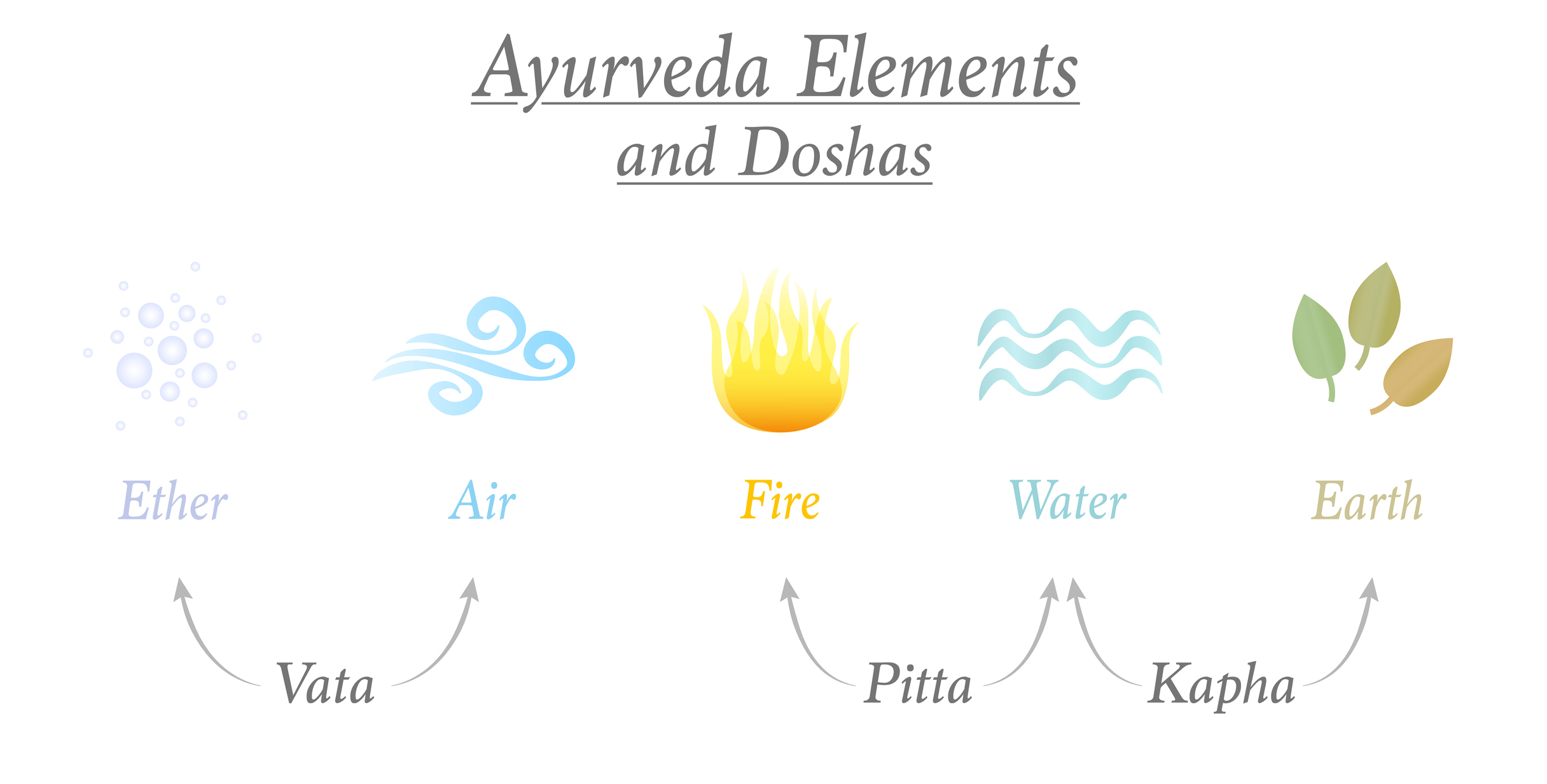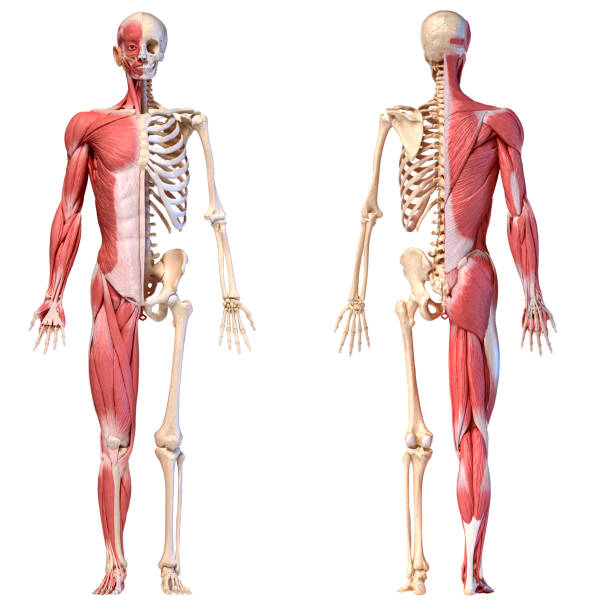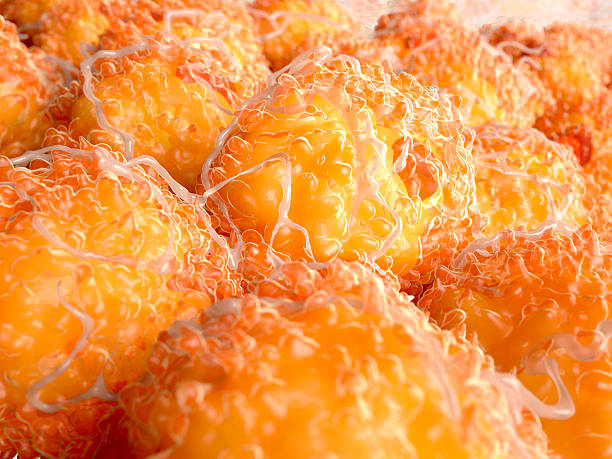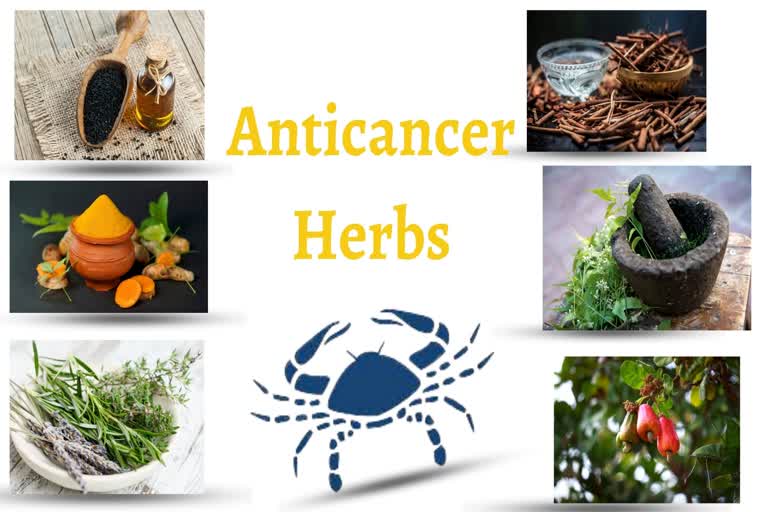'Cancer is one of the most dreaded diseases of modern times and it is the reason behind almost 25% of the deaths”, says our expert Dr. P V Ranganayakulu, Ph.D. History of Ayurveda. Although, there has been a lot of advancement in the field of medicine and technology over the years, however, doctors and health experts are seeking alternative therapies, particularly Ayurveda to assist the treatment of cancer. Every year on 4th February, we observe World Cancer day, let us have a look at how Ayurveda can help with the treatment of cancer.
Dr. Ranganayakulu says that there are around 3000 plants from across the world, which have shown to have anticancer properties. The literature of Ayurveda describes cancer as inflammatory or non-inflammatory swelling. Grandhi is a minor neoplasm and Arbuda is a major neoplasm. The classification of neoplasms in Ayurveda depends on various clinical symptoms in relation to three humor. The first group consists of diseases that are clear malignancies, ex. melanoma (mamsarbuda), leukaemia (raktharbuda), oral cancer (mukharbuda). In group II, the diseases that can be considered as cancer are abdominal tumors (carcinoma of stomach and liver). In group III, diseases with the possibility of malignancy like erysipelas (visarpa), incurable jaundice, and sinusitis.
What Affects The Doshas, Blood, Muscular and Fat Tissue?
Ayurveda looks at the causes of cancer from a different perspective. An injury to the surface of the skin, the epithelium (rohini), pathogenic injuries to muscular tissue and blood vessels, unhealthy foods, poor hygiene, and bad habits leads to the derangement of humor.
- VataVata, Pitta, Kapha

Excessive intake of bitter, pungent, astringent, and dry foods along with stressful conditions lead to aggravation of Vata. - Pitta
Excessive intake of sour, salty, fried foods and excessive anger leads to an aggravation of Pitta. - Kapha
Excessive intake of sweets and oily food along with a sedentary lifestyle causes the aggravation of Kapha. - Raktha
Excessive intake of acid or alkali-containing foods, fried and roasted foods, alcoholic beverages, sour fruits, emotional upset exposure to the excess sun, etc. leads to an aggravation of blood (raktha). - Muscular TissueMuscular Tissue

Excessive use of exudative foods like meat, fish, yogurt, milk, cream, sleeping in the daytime, etc. leads to derangement of muscular tissue. - Fat TissueFat Tissue

Excessive intake of oily foods, sweets, alcohol, and a lethargic lifestyle leads to an aggravation of fat tissue (medo dhatu).
Cancer Therapies In Ayurveda
Dr. Ranganayakulu informs us that the treatment of cancer in Ayurveda is divided into four categories, i.e. health maintenance, cure of the disease, restoration of normal function, and spiritual approach. There is also a purification process (sodhana chikitsa), which eliminates humor from the body. However, it is contraindicated in patients with weak stamina. Immunotherapy (rasayana chikitsa) is another form of rejuvenating therapy. Apart from this, correction of metabolic defects, symptomatic treatments are other approaches. The last approach to treating cancer is the Surgical approach.
Out of the many herbs which have proved to have anticancer properties some of the most important ones, as mentioned by our expert are:
- Green chiretta (Andrographis paniculata)
- Variety of custard apple (Annona atemoya)
- Chamber bitter (Phyllanthus niruri) stonebreaker or seed-under-leaf
- Long pepper (Piper longum)
- Mayapple (Podophyllum hexandrum)
- Heartleaf moonseed (Tinospora cordifolia)
- Marking nut (Semecarpus Anacardium)
Apart from these, there are some other herbs that are useful in cancer therapy. What are they and in which type of cancer they are useful are:
- Rosary pea (Abrus precatorius) – fibro sarcoma
- Lebbeck tree (Albizia lebbeck) - sarcoma
- Garlic (Allium sativum) - sarcoma
- Indian aloe (Aloe vera) – liver cancer neuroectodermal tumors
- Dita bark, Devil’s tree (Alstonia scholaris) – stomach cancer
- Rohitaka (Amara rohitaka) - leukaemia
- Cashew nut (Anacardium occidentale) – liver cancer
- Asparagus (Asparagus racemosus) – epidermoid carcinoma
- Thyme-leaved gratiola (Bacopa monnieri) – carcino-sarcoma
- Indian Berberry / Tree turmeric (Berberis aristata) – cancer of nose and throat
- Indian frankincense (Boswellia serrata) –leukemia and brain tumors
- Madar tree (Calotropis gigantea) – cancer of nose and throat
- Turmeric (Carcuma longa) – fibrosarcoma
- Whitethorn apple (Datura metel) – cancer of nose and throat
- Coral tree (Erythrina suberosa) - sarcoma
- Asthma plant (Euphorbia hirta) - leukaemia
- Spiderwisp (Gynandropsis pentaphylla) – liver cancer
- Indian turnsole (Heliotropium indicum) – lymphatic leukemia
- Starthorn / long-lived burleria (Hygrophile spinosa) – Dalton's lymphoma
- Wavy-leaf Ixora (Ixora undulata) - leukemia
- Black Juniper (Juniperus indica) – cancer of nose and throat
- Sponge gourd (Luffa cylindrica) - leukemia
- Neem Tree (Melia Azedarach) – walker carcino-sarcoma
- Drumstick tree (Sighru) – lymph and blood cancers
- Oleander (Nerium indicum / Nerium undulata) – Ehrlich ascites cancer
- Black cumin (Nigella sattiva) – Lung and colon cancer
- Holy basil (Ocimum sanctum) – skin and liver cancers
- Stinkvine (Paederia foetida) – cancer in nose and throat
- Hellebore (Picrorrhiza Kuroa) – liver cancer
- Doctorbush / leadwort (Plumbago zeylanica) – liver cancer
- Indian madder (Rubia cordifolia) – melanoma, colon cancer, breast cancer.
- English yew (Taxus baccata) – various tumors
- Cape periwinkle (Vinca rosea) – cancers of breast, cervix, kidney, lung, and ovary
- Indian ginseng/winter cherry (Withania somnifera) – various tumors
Apart from these, Kanchanara Guggulu, chyavanaprasha lehyam, and Vardhman pippali (consuming long pepper in increasing and decreasing quantity for a certain period) is also a part of therapy. The literature of Ayurveda yields information on several plants that are useful in the treatment of cancer. However, the physician needs to examine and assess the condition and stage of the disease and then decide upon the appropriate herbs required by the patient, as adjuvant or alternative therapy in the patients suffering from carcinoma. One must also keep in mind that these therapies should not be started as per individual understanding and an ayurvedic expert or physician must be consulted before beginning with your cancer therapy, otherwise, you may worsen the condition.



